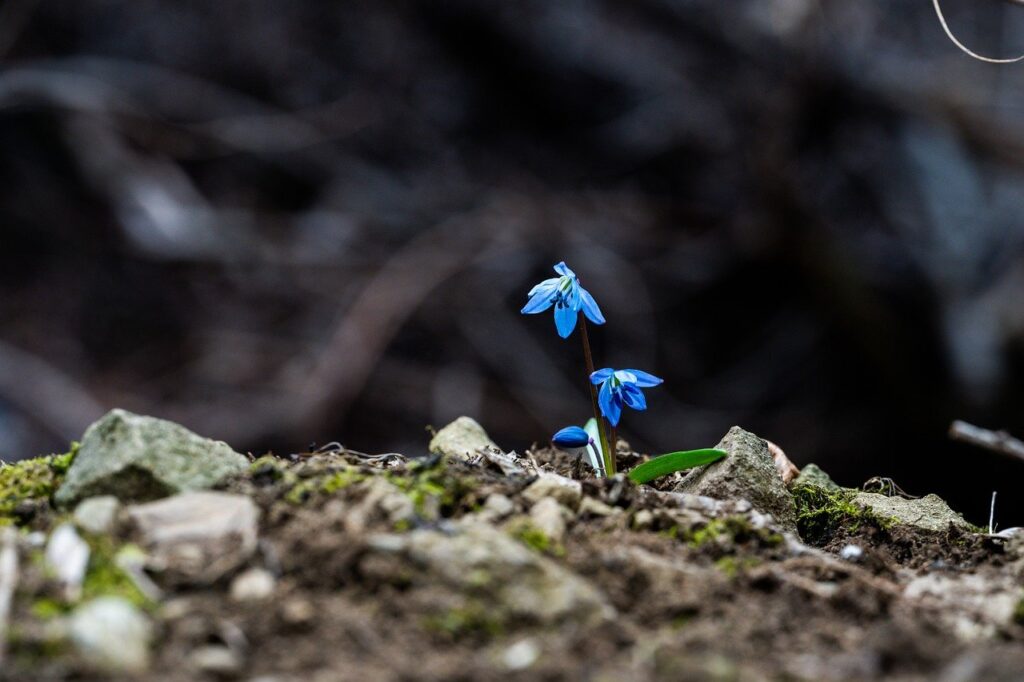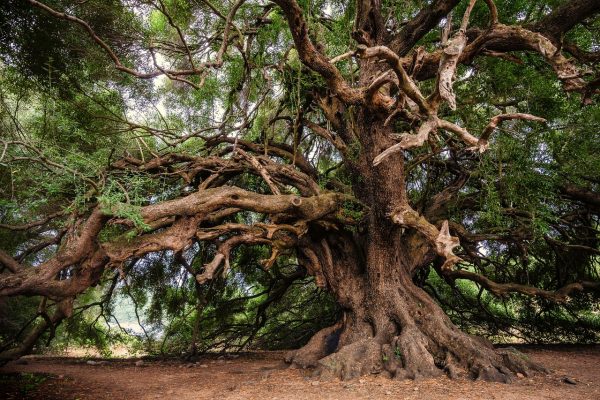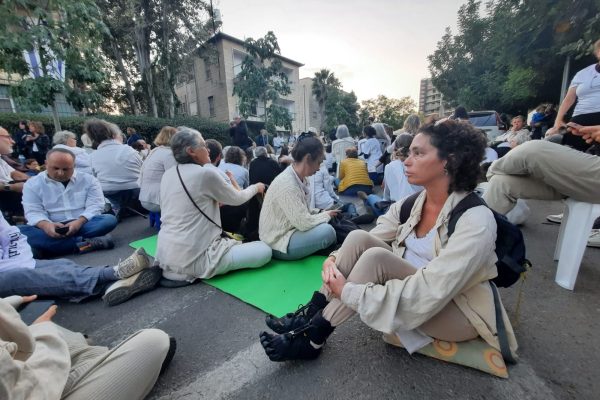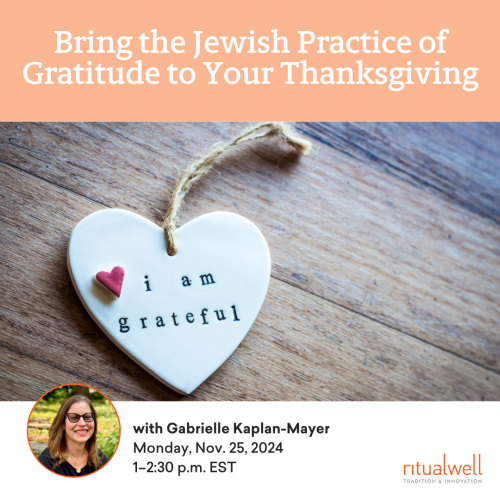Why is this night different from all other nights?
Why is this PassoverPassover is a major Jewish holiday that commemorates the Jewish people's liberation from slavery and Exodus from Egypt. Its Hebrew name is Pesakh. Its name derives from the tenth plague, in which God "passed over" the homes of the Jewish firstborn, slaying only the Egyptian firstborn. Passover is celebrated for a week, and many diaspora Jews celebrate for eight days. The holiday begins at home at a seder meal and ritual the first (and sometimes second) night. Jews tell the story of the Exodus using a text called the haggadah, and eat specific food (matzah, maror, haroset, etc). different from all other years?
Each year we come to the sederLit. Order. The festive meal conducted on Passover night, in a specific order with specific rituals to symbolize aspects of the Exodus from Egypt. It is conducted following the haggadah, a book for this purpose. Additionally, there an ancient tradition to have a seder on Rosh Hashanah, which has been practiced in particular by Sephardi communities. This seder involves the blessing and eating of simanim, or symbolic foods. The mystics of Sefat also created a seder for Tu B'shvat, the new year of the trees. carrying all that is happening in our lives and in the life of our shared world.
This year many of us come to pesakh with quivering souls and troubled hearts. The violence, destruction and suffering we are witnessing and experiencing is so difficult to bear. It is understandable that at times we shut down, turn away or become lost in fear, rage and despair. It is understandable that in response to the devastation and pain our hearts harden.
As we know from the pesakh story and our own experiences, a hardened heart diminishes our capacity to feel connection or empathy and act with compassion and care.
This seder guide is designed to help us soften our hearts by sharing our pain and sadness. The aim is to bring us into connection and relationship, not through political agreements or discussions, but rather by sharing experiences of heart-break, sadness and despair.
We each come to pesakh with our own stories to tell. Our common ground, our place of connection this year can be our broken hearts. Even as our hearts might ache for different reasons, sharing our feelings with each other can open the way for connection.
I pray that witnessing each others pain and sadness will help us leave mitzriam, the narrow place of judgment, blame and fear and guide us toward healing, compassion and hope.
Download the Pesakh Guide here.













